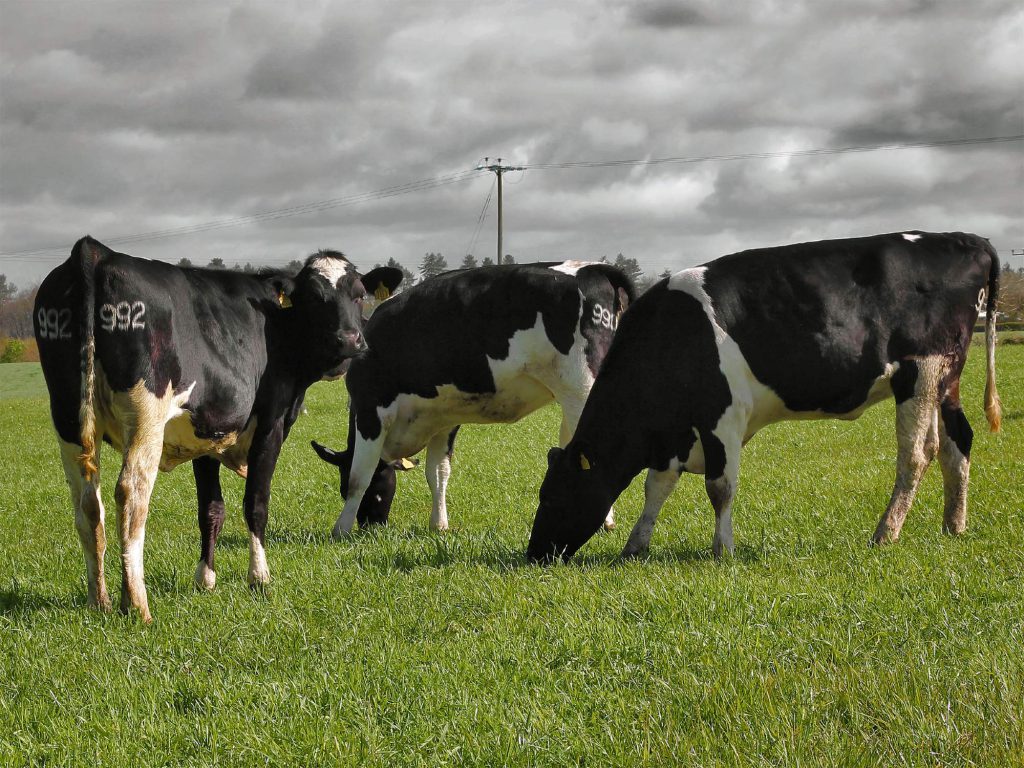Understanding the genetic make-up of your cows can offer a wide range of information, beyond breeding according to Donagh Berry, a geneticist with Teagasc and director of Vistamilk SFI Centre.
Berry was speaking at the European Holstein and Red Holstein Conference, hosted by the Irish Holstein Friesian Association (IHFA) in Dublin.
In his presentation he outlined how DNA or genomic testing animals can give a far better understanding and allow farmers to make better breeding and management decisions.

Genetics
The conference had a number of speakers on genomics and the benefits it has to offer farmers.
But Berry’s presentation focused on ‘milking the genome’ and what this entails is by using DNA analysis, farmers can obtain the best performance from their animals.
Most farmers are now aware of what genomic testing of animals can deliver, with nearly all artificial insemination (AI) companies offering genomic sires to farmers.
These are young bulls that have the potential to produce good quality heifers and their inclusion in AI catalogues has been accelerated by genomic testing.
What can DNA sampling deliver?
Outlining other results which can be achieved by DNA testing animals, Berry said the sires of a heifer or bull can be easily determined. Once the DNA profile of the sire is on record, the sire can be easily determined.
The traceability of meat and dairy products can be increased, a bad piece of meat can be traced back to the animal, using DNA.
On dairy farms, cows that are contributing the most to the somatic cell count (SCC) in the bulk tank can be easily determined.
This is due to these cells containing DNA from the cow that they belong to.
Farmers can also identify heifers that will never be able to go in-calf, such as Turner females or a heifer that has XY chromosomes and therefore has male DNA.
Although they appear to be a heifer, they will not be able to go in-calf, as females have XX chromosomes.

Congenital defects can also be detected as calves and animals that carry these defects can be bred out of the national herd.
Farmers can also monitor in-breeding within animals, as their full genetic make-up will be easily accessible.
In terms of precision management, Berry explained that understanding the genetic make-up of cows can influence of how farmers manage them.
Using humans as an example, he said if a person got genomic tested and found out heart disease was an issue in the family, they would change their lifestyle to mitigate the risk.
Similarly if a farmer has a cow that is genetically more prone to mastitis, the farmer would ensure close eye is kept on he and would make sure she is milked out fully including teat spray pre- and post-milking.
Tailoring genetics
Berry explained that farmers are already tailoring the genetics of these cows to match their system, with farmers in Italy using different bulls to the type of bulls that farmers in Ireland are using.
He said that there is a huge amount of biological information to be obtained from taking just one sample from an individual animal and it is not all about breeding.
